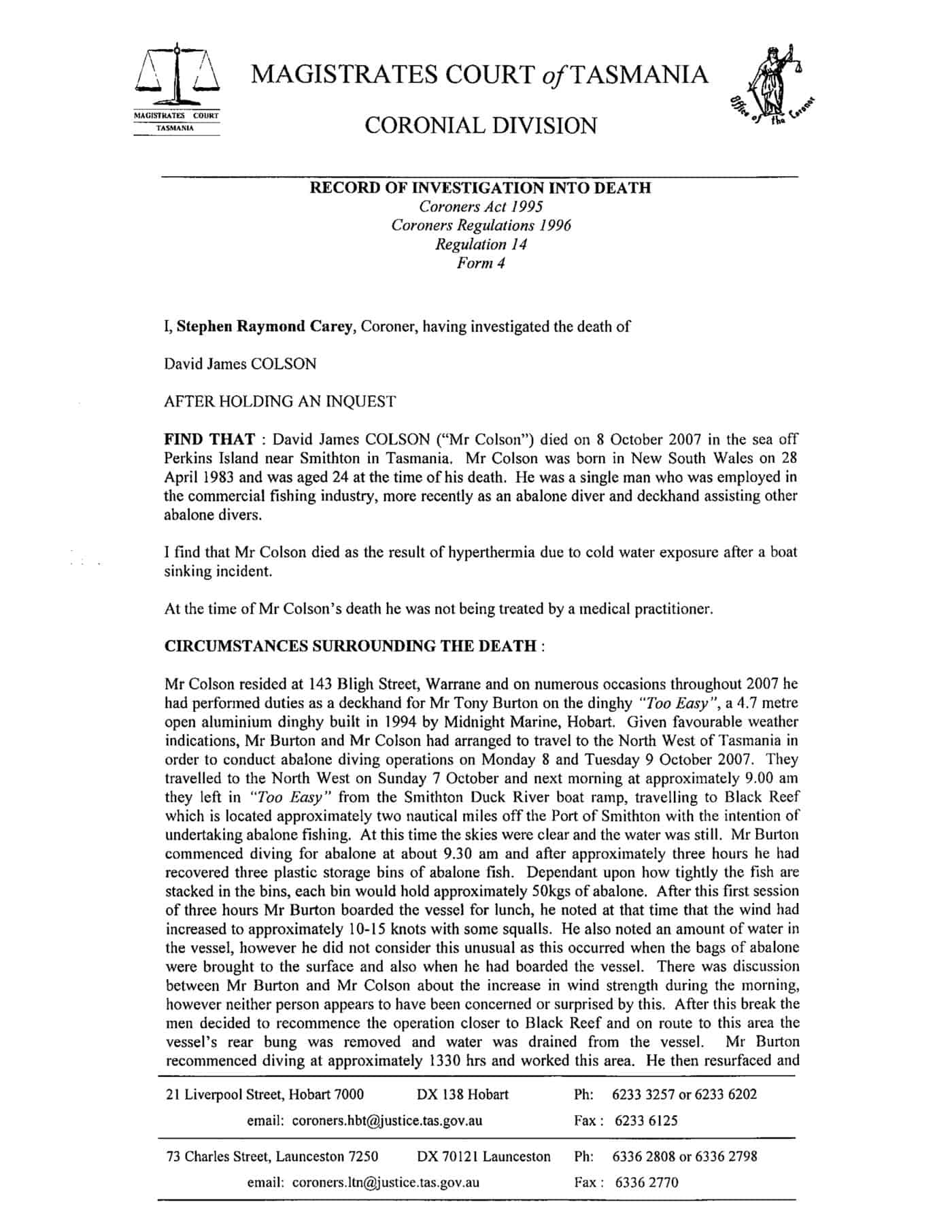SafeWorkSA has issued media releases on 20 January 2010 concerning two recent decisions from the Industrial Relations Court. The first of these will a situation of bypassing a machine guard that is all too familiar to OHS professionals –
“a pair of vice grips had been attached to the finger guard at the front of the press, restricting its full range of movement and allowing access to the main moving parts during operation”.
The plant was a Hallbank 40 Tonne Front Press and the operator, Karen Carter, was unfamiliar with the machine. Prior to this hearing there was a dispute of facts hearing concerning who set up the press prior to the incident. Continue reading “Finger amputation and arc flash burns”

